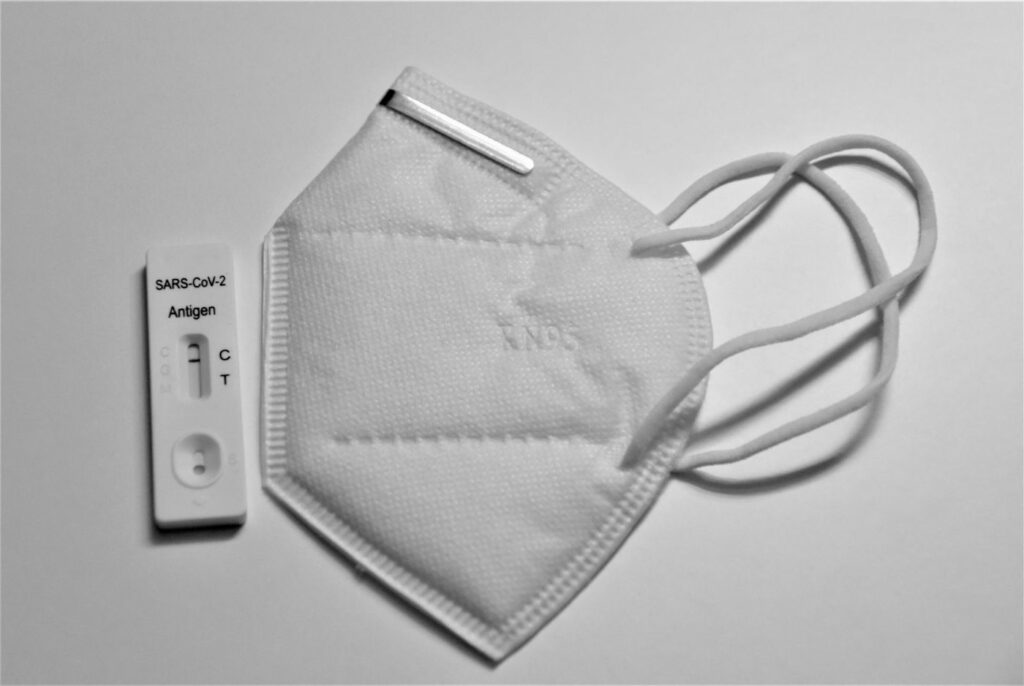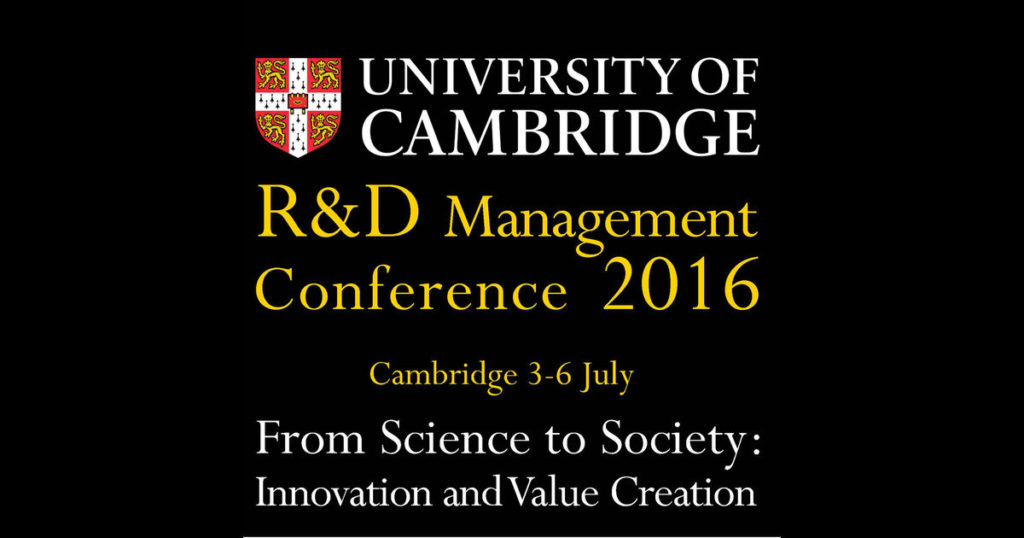 The main purpose of this paper is to answer this question: How to explain FMEA difficulties and how to improve FMEA methodology in order to be able to design a better risk management strategy in NPD? First, this research will discuss the FMEA procedure, its history, its main concepts and its current weakness. Then, we propose to highlight that the limits of FMEA procedure can be linked to the limits of a problem-solving paradigm. We reveal that current vision of engineering design, and particularly FMEA procedure, is based on problem solving perspective, which is restricted by the “bounded-rationality” model. From the concept of “expandable rationality” we propose to revisit the theoretical framework of the FMEA to explain why FMEA cannot be reduced to problem solving. Finally, we argue that FMEA procedure is a full design activity and we propose to extend the initial FMEA methodology, by using CK design theory. The research was carried out in STMicroelectronics manufacturing department, more specifically in the Engineering Competences Center located in Crolles (France).
The main purpose of this paper is to answer this question: How to explain FMEA difficulties and how to improve FMEA methodology in order to be able to design a better risk management strategy in NPD? First, this research will discuss the FMEA procedure, its history, its main concepts and its current weakness. Then, we propose to highlight that the limits of FMEA procedure can be linked to the limits of a problem-solving paradigm. We reveal that current vision of engineering design, and particularly FMEA procedure, is based on problem solving perspective, which is restricted by the “bounded-rationality” model. From the concept of “expandable rationality” we propose to revisit the theoretical framework of the FMEA to explain why FMEA cannot be reduced to problem solving. Finally, we argue that FMEA procedure is a full design activity and we propose to extend the initial FMEA methodology, by using CK design theory. The research was carried out in STMicroelectronics manufacturing department, more specifically in the Engineering Competences Center located in Crolles (France).
From FMEA as a problem solving method to a design-oriented process: Toward a design perspective of FMEA

Latest from Blog

Qu’est-ce que la “deep tech” ?Définitions et enjeux stratégiques
Le terme “deep tech” s’impose aujourd’hui comme une notion incontournable dans l’univers des technologies, de l’innovation et des affaires. Il suscite un

Recherche ou innovation ? Avec les thèses Cifre, plus besoin de choisir
Quand un jeune chercheur, un laboratoire et une entreprise s’associent, les résultats sont souvent spectaculaires. Grâce au dispositif de la thèse Cifre,

Basic or applied research in university–industry collaborations? An analysis of research orientations in knowledge creation partnerships
In a knowledge-based economy, university–industry collaborations play a pivotal role in driving innovation and economic growth. This study investigates the research orientations

How can foresight help us imagine the future?
For organisations, whether in the private or public sector, adapting to the future can seem like an impossible task. The challenge is

The scenario method: an aid to strategic planning
Strategic planning consists of determining the set of decisions that will enable us to access the activities considered to be the most



